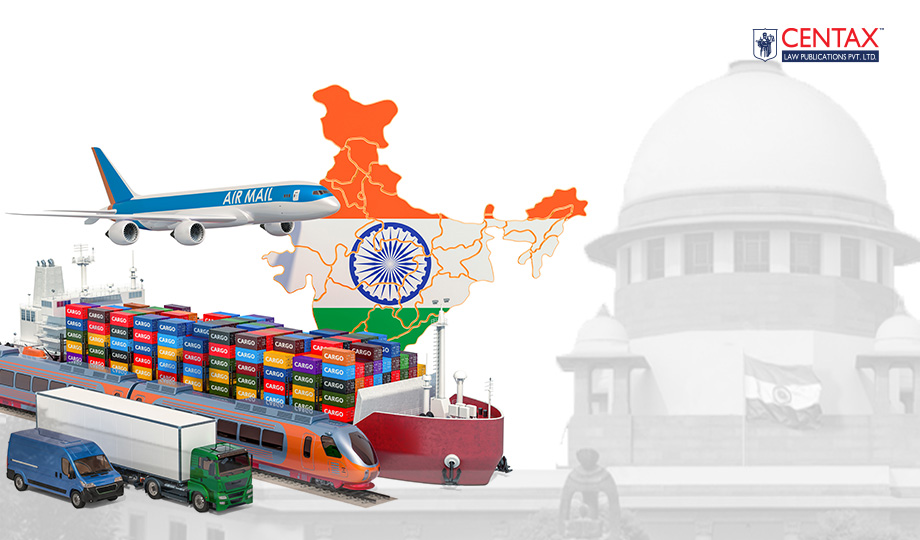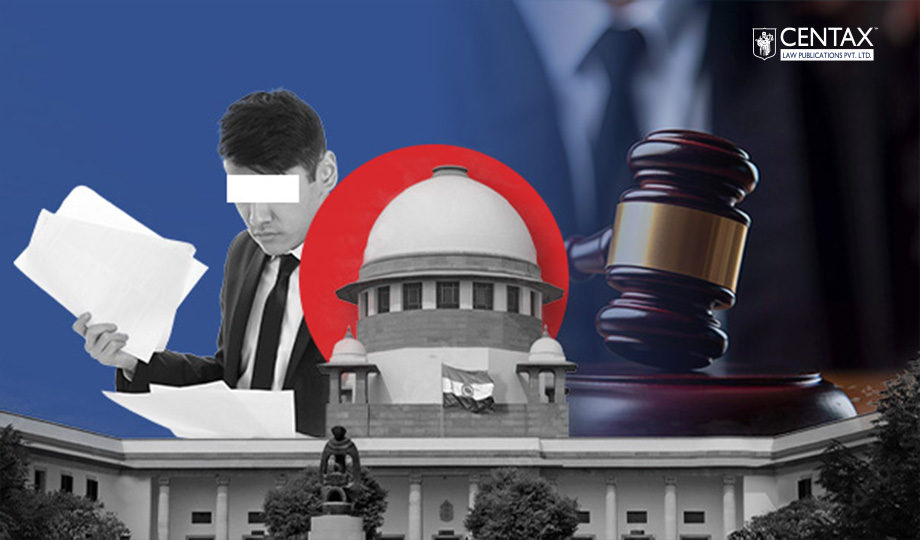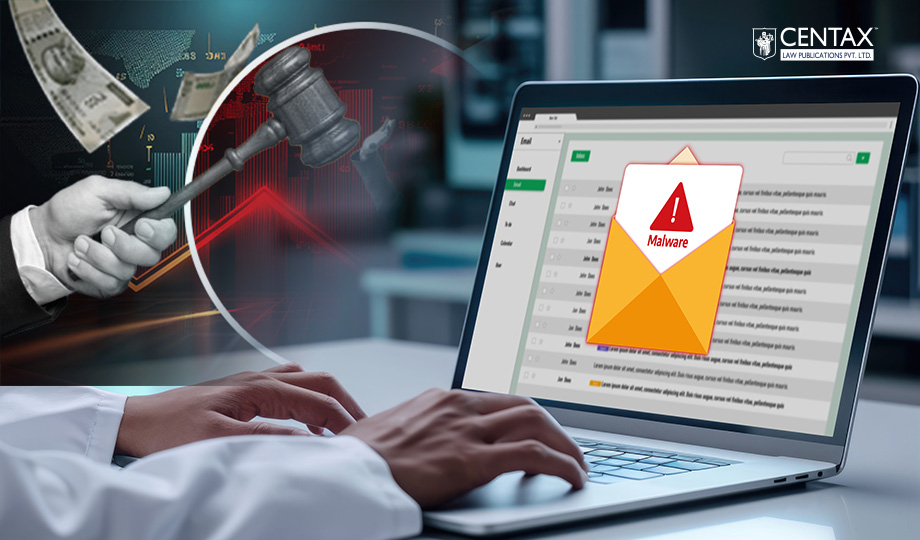
ITC Reversal (Input Tax Credit Reversal) refers to the process under the Goods and Services Tax (GST) regime where a registered taxpayer is required to reverse (i.e., repay) the claimed Input Tax Credit (ITC) under certain conditions. ITC allows businesses to set off the tax paid on purchases against their tax liability on sales. However, if ITC is availed incorrectly or becomes ineligible, it must be reversed as per GST rules.
Table of Contents
1. Background
Under Section 15(3)(b) of the CGST Act, suppliers can reduce the taxable value of supply for post-sale discounts only if the following conditions are met:
- Such discount is agreed upon in a contract executed at or before the time of supply and is directly linked to specific invoices, and
- The recipient has reversed the Input Tax Credit (ITC) attributable to the discount, based on the document issued by the supplier.
Suppliers must ensure compliance with both conditions to adjust the taxable value. Once these requirements are fulfilled, they may issue a credit note to reflect the discount. However, if either condition is not satisfied, the supplier cannot reduce the value of supply.
To strengthen compliance with the second condition, the GST Council, in its 53rd meeting, recommended that suppliers provide evidence confirming that the recipient has reversed the ITC related to the discount.
2. CBIC’s Clarification on ITC Reversal on Post-sale Discounts
The CBIC has issued Circular No. 212/06/2024-GST, Dated 26-06-2024 to clarify that until a functionality is introduced on the common portal to enable suppliers and tax officers to verify whether the input tax credit (ITC) attributable to discounts offered through credit notes has been reversed by the recipient, suppliers may obtain a certificate from the recipient in the following manner:
| Scenario | Certification |
| Where the total tax amount (including CGST, SGST, IGST, or Compensation Cess) associated with discounts given by the supplier to a recipient through credit notes in a financial year exceeds ₹5,00,000 | The certificate must be issued by a Chartered Accountant (CA) or Cost Accountant (CMA), confirming that the recipient has proportionately reversed the Input Tax Credit (ITC) corresponding to the credit note issued by the supplier. |
| Where such amount does not exceed Rs. 5,00,000 | An undertaking or certificate from the recipient confirming that the ITC attributable to the discount has been duly reversed. |
The certification may include the following details:
- Details of the credit notes issued.
- Invoice numbers corresponding to the credit notes.
- Amount of ITC reversal for each credit note.
- Reference to Form GST DRC-03, return filings, or any other relevant document evidencing the ITC reversal by the recipient.
Furthermore, the certificate issued by a Chartered Accountant (CA) or Cost Accountant (CMA) must include the Unique Document Identification Number (UDIN), which can be verified through the respective professional body’s portal:
- For CAs, verification can be done on the ICAI website: https://udin.icai.org/search-udin.
- For CMAs, verification can be done on the ICMAI website: https://eicmai.in/udin/VerifyUDIN.aspx.
The CBIC has clarified that certificates issued by Chartered Accountants (CAs) or Cost Accountants (CMAs), as well as undertakings/certificates provided by the recipient of supply, shall be considered valid and admissible evidence under Section 15(3)(b)(ii) of the CGST Act. The supplier must furnish these documents to tax authorities during scrutiny, audit, or investigations as required.
For past periods as well, whenever tax authorities require evidence under Section 15(3)(b)(ii) of the CGST Act regarding credit notes issued for post-sale discounts, taxpayers may submit certificates issued by a Chartered Accountant (CA) or Cost Accountant (CMA), or undertakings/certificates provided by the recipients of the supply.





















